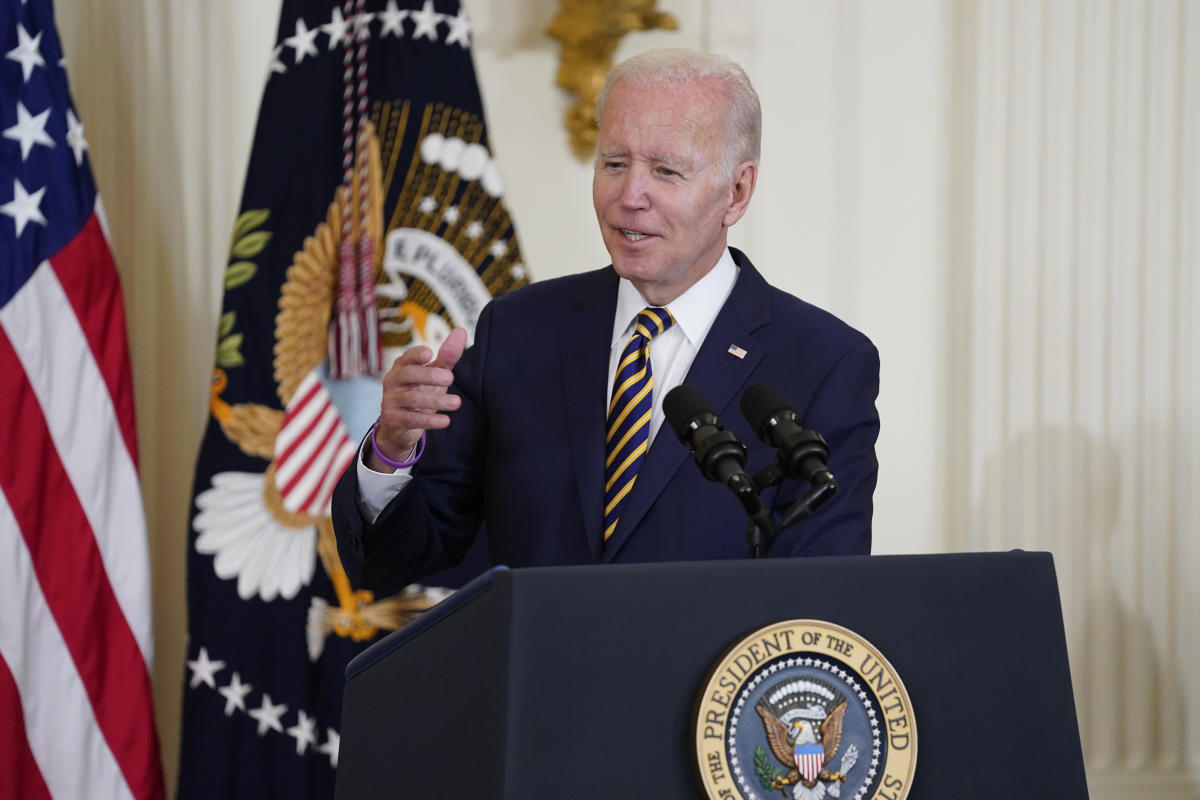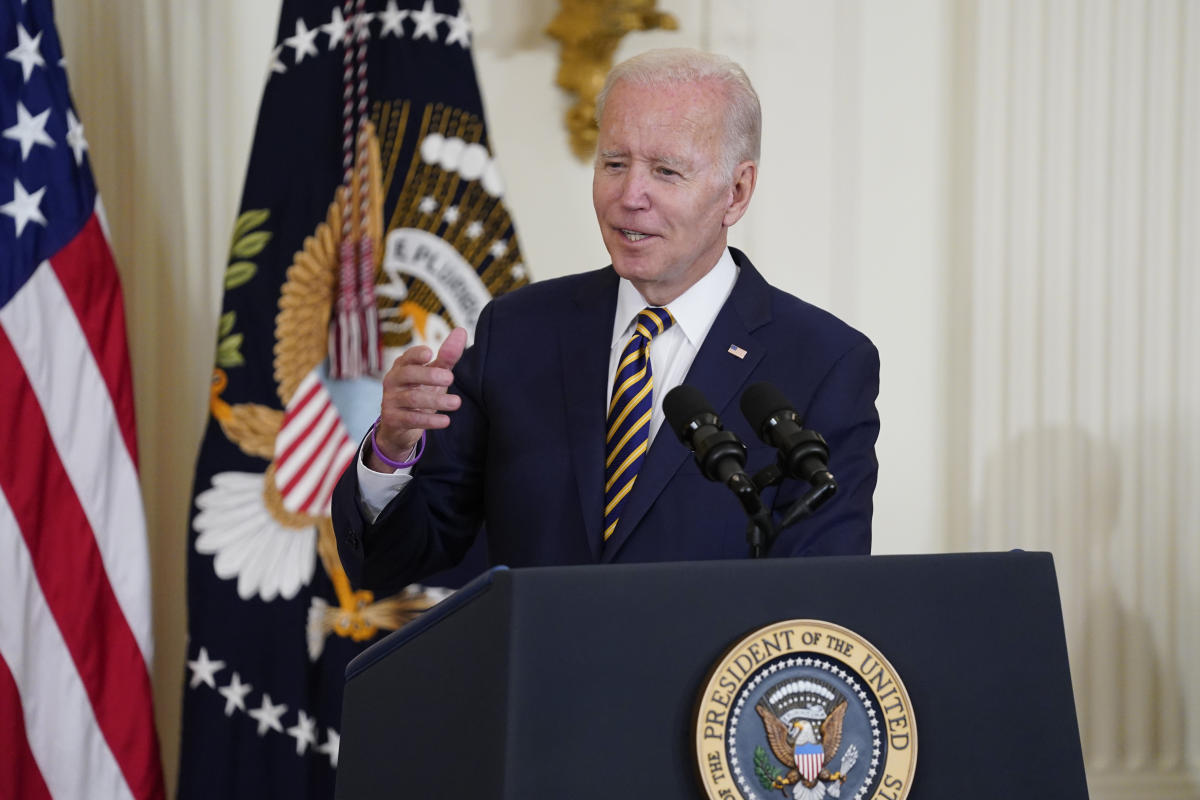
President Joe Biden is tantalizingly close to reviving the Iran nuclear deal. The latest alleged Iranian murder plot is not helping.
News this week that the Justice Department has charged an Iranian operative in a suspected scheme to kill former Trump administration national security adviser John Bolton is leading to renewed calls in Washington for Biden to abandon the nuclear talks. The Bolton case comes after U.S. officials recently arrested a man amid suspicion that he was part of an Iranian effort to kidnap Masih Alinejad, an Iranian-American critic of the Tehran regime.
The revelations have bolstered detractors of the nuclear deal, a bipartisan faction that says the Iranian government simply cannot be trusted and that any bargain with Tehran must cover its misdeeds beyond just its nuclear ambitions. The news also underscores the tricky nature of the U.S.-Iran relationship, which is adversarial and deadly — even when the two countries are negotiating sensitive issues.
“The [Biden] admin should walk away from nuke talks & prioritize Americans,” Texas Rep. Mike McCaul, the top Republican on the House Foreign Affairs Committee, was quoted as saying on Twitter.
Alinejad echoed that sentiment, adding that the United States should further crack down on Iran by kicking out its diplomats in America, such as those serving at Iran’s mission to the United Nations. Some critics of the regime also say the United States should deny a visa to Iran’s president, Ebrahim Raisi, should he want to attend the U.N. General Assembly gathering in New York next month.
“Iran needs to be held more accountable, and, if the U.S. government denies that, they actually betray their own citizens,” Alinejad told POLITICO.
Bolton, long an opponent of the nuclear deal, suggested that his position had been vindicated. “Iran’s nuclear weapons and terrorist activities are two sides of the same coin,” Bolton said in a statement. “No responsible U.S. government should think otherwise.”
For now, Biden is not indicating he will walk away from efforts to restore the nuclear agreement. The deal was struck under President Barack Obama in 2015 but President Donald Trump nixed U.S. participation in 2018, and Iran began violating its terms a year later. Reviving it would mean lifting an array of sanctions on Iran in exchange for severe restrictions on its nuclear program.
Biden continues to believe that “diplomacy is the best path” to ensuring “Iran never acquires a nuclear weapon,” a White House spokesperson said in a statement. “At the same time, the Biden administration has not and will not waiver in protecting and defending all Americans against threats of violence and terrorism.”
A U.S. official familiar with the issue stressed that the Biden administration is well-aware that Iran presents challenges beyond the nuclear threat.
“We have been seeking a nuclear deal precisely because an unconstrained Iranian nuclear program would make all the other very serious problems we have with them — and we have many — far worse,” the official said.
Although he’s repeatedly dispatched a special envoy for the job of restoring the agreement — the talks have gone on for well over a year — Biden has not been overly enthusiastic or in a rush.
The U.S. president has said, for instance, that he will not lift a terrorism designation imposed by Trump on Iran’s Islamic Revolutionary Guard Corps. Iranian negotiators had earlier demanded that label be lifted as part of the deal’s revival, but they appear to have backed off.
The discussions to restore the deal have been facilitated by European officials serving as go-betweens for Iranian and American negotiators. A so-called final draft of an agreement on the steps to revive the deal has been circulated. European officials hope to get agreement from all sides within days.
But the Iranians appear to have some hang-ups.
They want the International Atomic Energy Agency, the U.N.’s nuclear watchdog, to end a probe into why traces of nuclear material were found at some Iranian sites. Iran denies anything improper. But Iran has not allowed the IAEA to have as much access as the agency wants, including by shutting down surveillance equipment. Western officials hope they can reach a separate deal that tackles such concerns.
Throughout the discussions to restore the deal, Iran has pushed ahead with its nuclear program, though Tehran has always insisted it is not planning to produce nuclear weapons. Washington, meanwhile, has ramped up some sanctions against Iran to increase the economic pressure on the regime to return to the deal. Iran’s economy has been badly hit by the sanctions and the Covid-19 pandemic. Even if Iran returns to the nuclear deal, numerous U.S. sanctions would still remain on the country.
Iranian diplomats based at the United Nations did not immediately respond to requests for comment. Iranian officials typically deny targeting specific Americans and Iranian dissidents living abroad, though such allegations stretch back many years.
According to media reports, an Iranian foreign ministry spokesperson described as “fiction” the latest claims about the plot against Bolton.
Iran is alleged to have set its sights on a number of former Trump-era U.S. officials, including Bolton and former Secretary of State Mike Pompeo. Tehran is believed to be driven in part by a desire to avenge Trump’s killing of a top Iranian general, Qassem Soleimani, in January 2020.
According to the Justice Department, the Iranian operative it has charged in the case, identified as Revolutionary Guard member Shahram Poursafi, tried to hire people in the United States to kill Bolton for $300,000.
The alleged Iranian plot to kidnap Alinejad, whose criticisms of Iran’s government often center on its oppression of women, was publicized last summer. Last month, a man alleged to be armed with an AK-47 and acting oddly near Alinejad’s Brooklyn home was arrested amid concerns he was targeting the activist.
Biden aides argue that restoring the nuclear deal is an important way to at least temporarily ease concerns about a major security issue in the Middle East. But as the negotiations have dragged on, domestic opposition to returning to the agreement has intensified.
This is a growing concern for Biden administration officials because it’s possible they will have to get approval from Congress for the agreement they reach with Iran on returning to the deal.
Republicans uniformly disliked the original deal and are warning against restoring it, saying it’s too weak and that Iran can’t be trusted. Some Democrats, including Sen. Bob Menendez of New Jersey, chair of the Senate Foreign Relations Committee, opposed the original agreement and are likely to fight a return to the deal.
Should Iran and the United States find a way to restore the agreement, it could give Biden a national security win to point to ahead of midterm elections. But it will also give Republicans a new attack line against the president.




